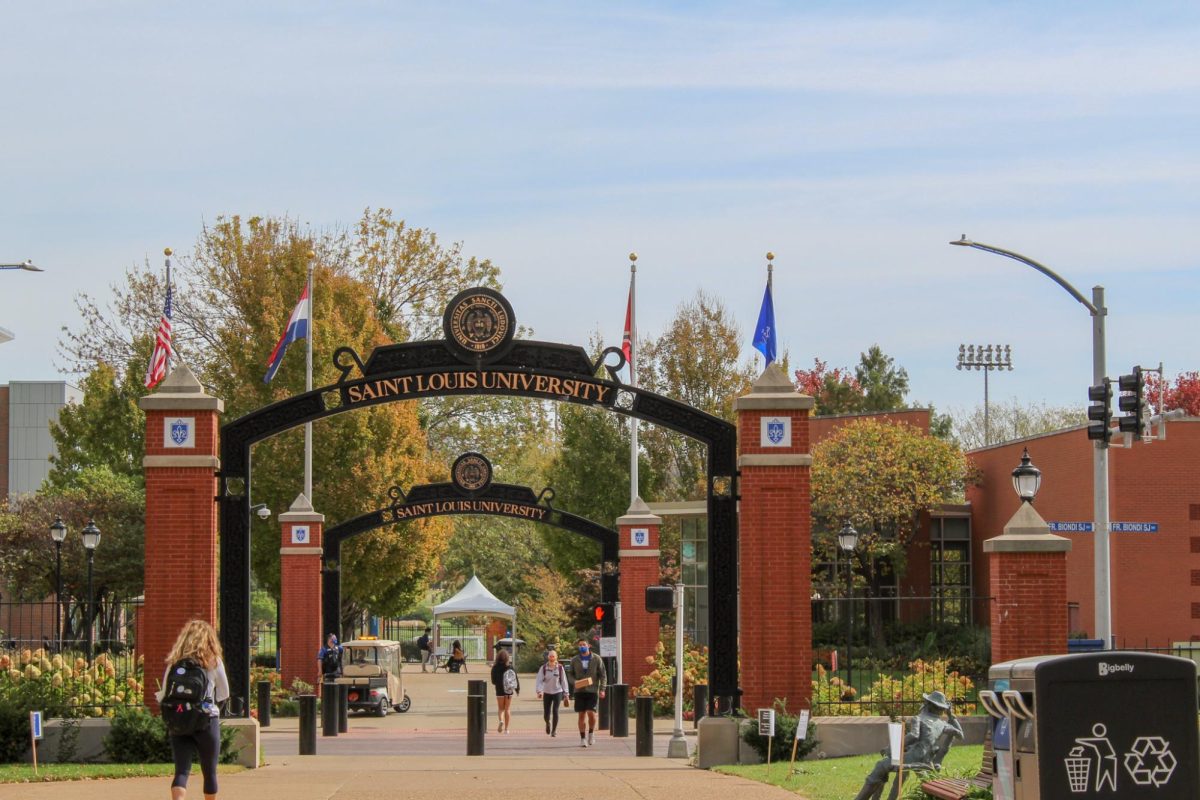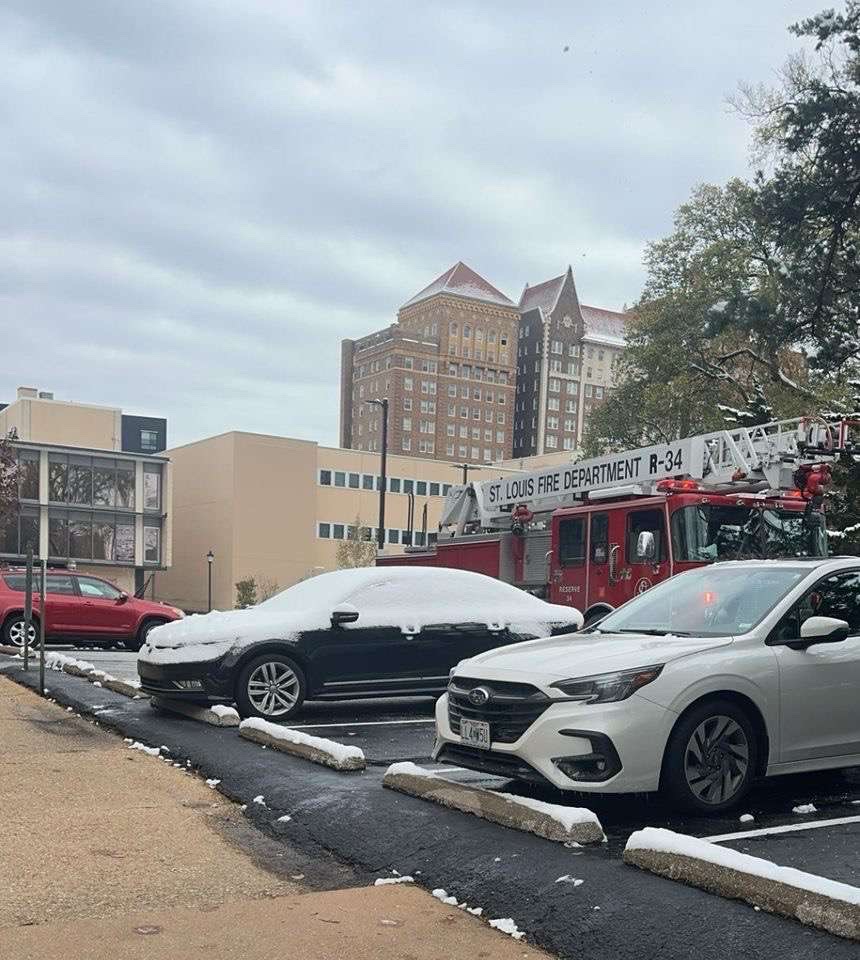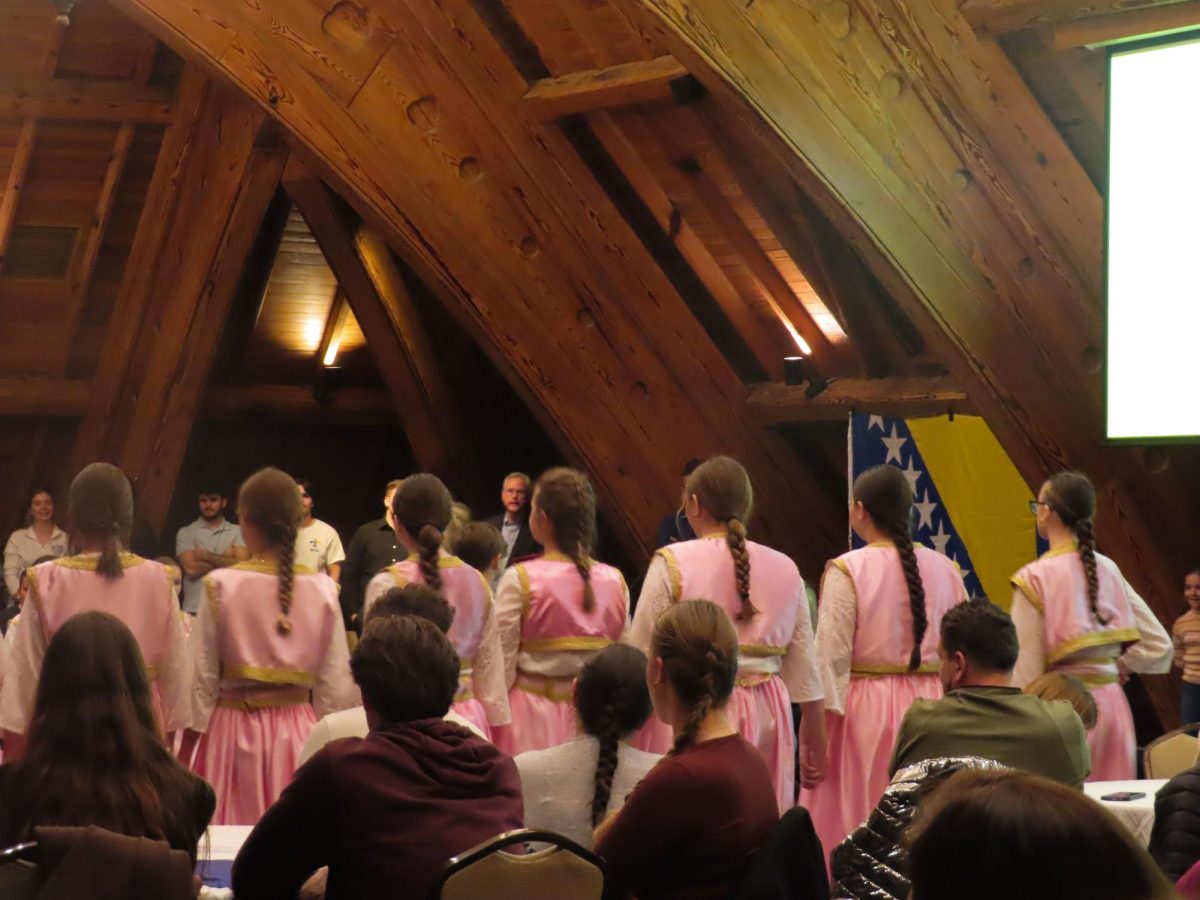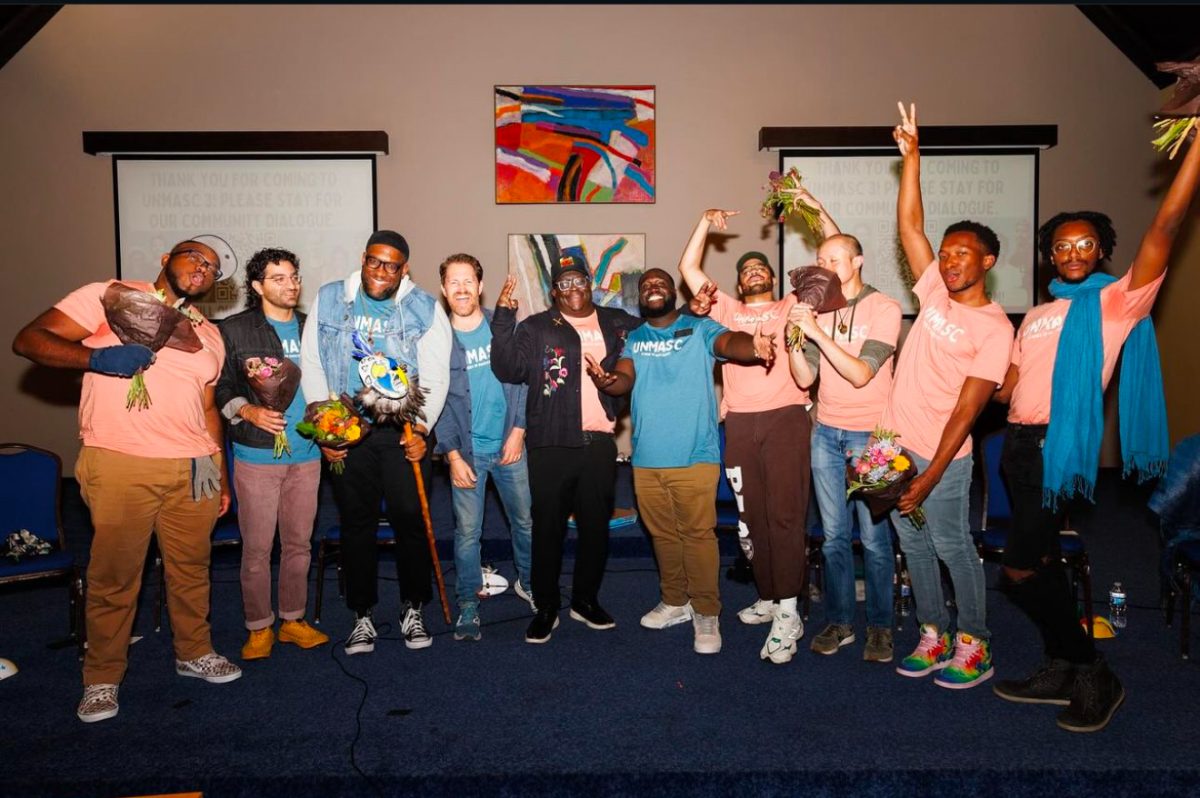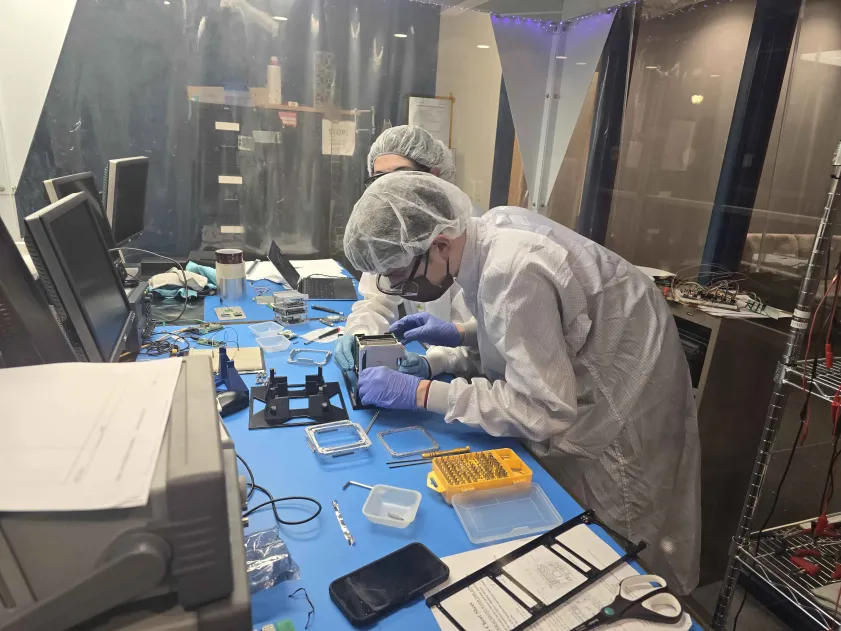“It may be music to your ears, but it’s major static for the University’s computer network.” Executive Vice President James Kimmey’s observation summarizes in a nutshell the growing concern over Napster and digital music recordings.
“Napster is a software tool for finding and exchanging collections of MP3 format music files via the Internet,” Kimmey stated. “The program runs on personal computers and is loaded by each user voluntarily and deliberately.”
Loading Napster on a PC establishes a connection through the Internet to the Napster website. The site serves as the main catalog directing the exchange of digital files among all those connected.
Information Technology Services staff members determined that, at times, Napster traffic was consuming between 50 to 70 percent of the available bandwidth between SLUnet and the Internet.
At 9 p.m. on Friday, Feb. 18, Napster traffic consumed 100 percent of Saint Louis University’s Internet bandwidth. Access to Napster was then blocked, to maintain network operations.
“This level of traffic represented a significant impact on the normal operation of the SLUnet,” Kimmey stated. “It was necessary to block Napster traffic from the network at that time, and it continues to be blocked today.”
ITS observed 8,437 gigabytes of Napster activity in and out of SLU’s network over a 24-hour period from Thursday, Feb. 17 through Friday, Feb. 18.
After ITS blocked access to the Napster site, traffic was reduced by 98 percent to 131 gigabytes.
“The University network must serve the needs of the entire community and cannot be compromised by the excessive volume generated by Napster traffic,” Kimmey stated. “Accordingly, action must be taken to sustain adequate capacity for normal academic and administrative operations.”
Kimmey presented the issue to the Student Government Association during its senate meeting last night. The senate will work with Vice President and Chief Information Officer Thomas Moberg, in order to determine the peak hours for accessing Napster.
The senate will then ask students to refrain from accessing Napster’s site during the peak hours, to avoid slowing down university operations.
This period for voluntary restriction will run from Feb. 24 through the week following Spring Break. During this time, access to Napster will be blocked only if the traffic increases to a level that will impair normal academic and administrative use of the network.



